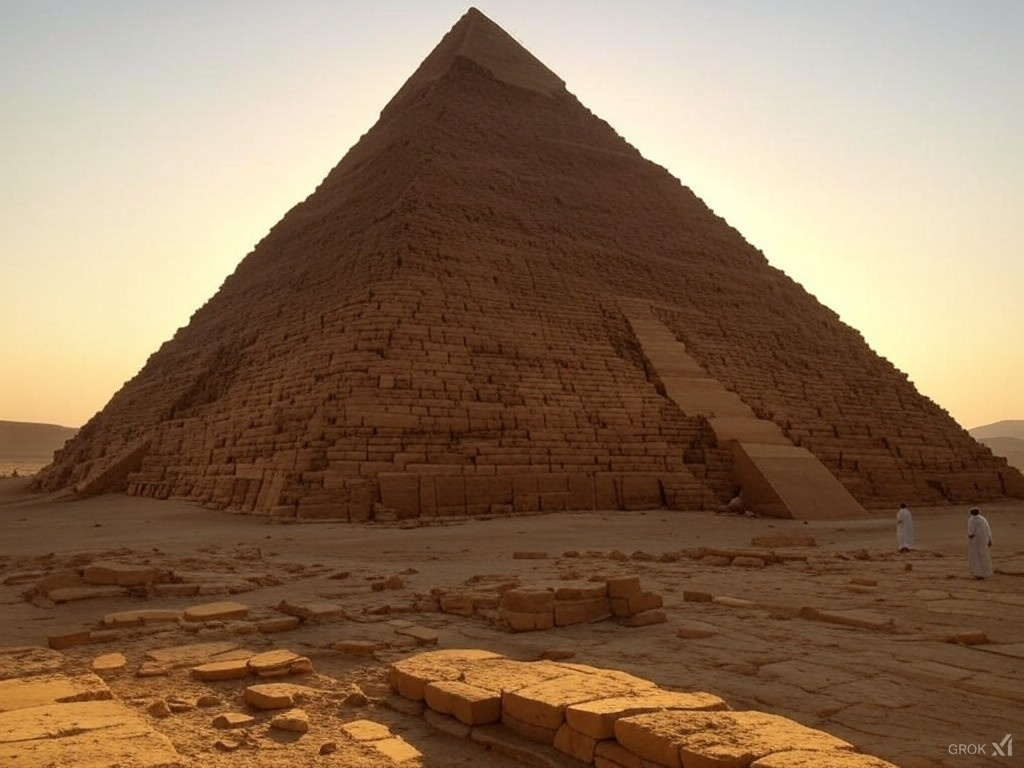Nubia, an ancient kingdom located in present-day Sudan and southern Egypt, played a significant role in the history of northeastern Africa. Often overshadowed by its northern neighbor, Egypt, Nubia was a powerful and influential civilization with a rich cultural heritage. Archaeological discoveries reveal the complexity of Nubian society, its interactions with Egypt, and its lasting legacy.
The Rise of Nubia
Nubia was home to several powerful kingdoms, including Kerma, Napata, and Meroë. The region’s strategic location along the Nile River made it a vital center for trade, linking sub-Saharan Africa with Egypt and the Mediterranean world. Nubia was known for its wealth in gold, ivory, and other valuable resources, which attracted Egyptian interest and influence.
Cultural Achievements
Nubian civilization was marked by impressive achievements in art, architecture, and governance. The kingdom of Meroë, for instance, developed a unique script distinct from Egyptian hieroglyphs, demonstrating an advanced system of writing. The Nubians also constructed monumental pyramids, temples, and palaces, many of which still stand today as testaments to their engineering prowess. Additionally, Nubian craftsmanship in pottery, metallurgy, and jewelry showcased their artistic and technological skills.
Interactions with Ancient Egypt
The relationship between Nubia and Egypt was complex, characterized by periods of trade, warfare, and even political domination. The Egyptians sought control over Nubia’s rich resources, leading to military campaigns and eventual Egyptian rule over parts of Nubia. However, Nubia also exerted influence over Egypt, most notably during the 25th Dynasty when Nubian kings, known as the "Black Pharaohs," ruled over Egypt and sought to restore traditional religious and cultural practices.
Archaeological Evidence
Excavations in Nubia have unearthed a wealth of artifacts, including temples dedicated to Egyptian gods, royal tombs, and inscriptions detailing diplomatic exchanges. The discovery of fortified settlements and weapons suggests that Nubia was not only a cultural hub but also a formidable military power. Advances in modern archaeology, including aerial surveys and ground-penetrating radar, continue to reveal new insights into Nubia’s past.
Conclusion
The kingdom of Nubia was a powerful and influential civilization that left a lasting impact on African and world history. Its cultural achievements, economic power, and interactions with Egypt highlight its significance as more than just an Egyptian rival but as a civilization in its own right. As archaeological research continues, the forgotten kingdom of Nubia is gradually reclaiming its place in the annals of history.







